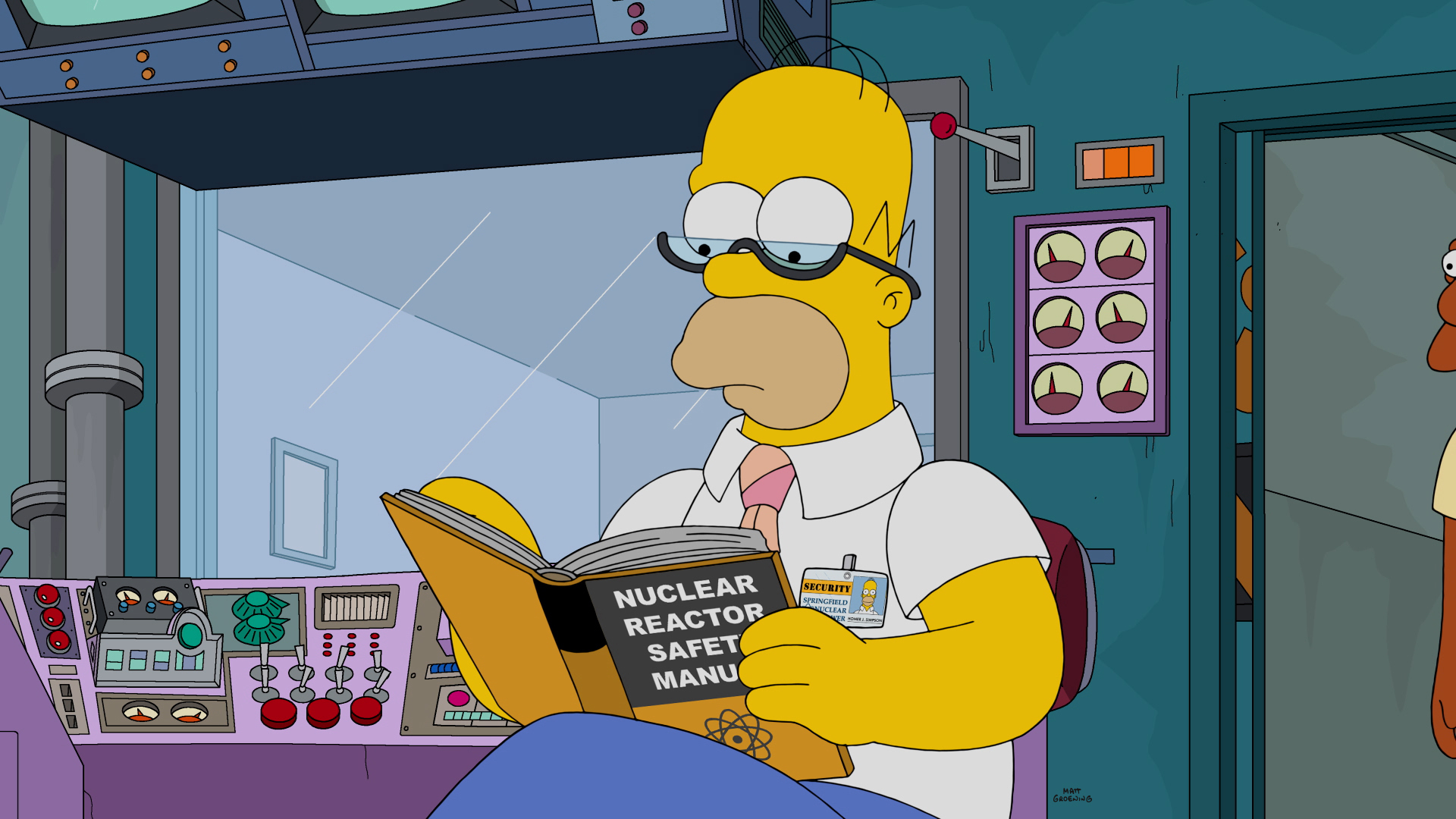
Governments should “start thinking now” about the use of Blockchain for nuclear security, or be left “flat footed,” a new report claims.
Writing in The Bulletin, Harvard researcher Aaron Arnold argues Blockchain could ultimately hold the key for international joint efforts to control and stop illicit trafficking of nuclear materials.
“The use of Blockchain technologies to undergird global supply-side WMD control systems may be some years away,” he writes in an extensive analysis of current practices.
“Nonetheless, it is clear that this technology will be a fundamental component to ensuring trust in global markets in the not too distant future.”
Blockchain is already finding its way into sectors such as defense and protection of sensitive government data. Implementations are only getting started, however, with wider acceptance hinging on deeper understanding of what is still a tool in its infancy.
“On the one hand, the transparency and “smart contract” properties of Blockchain-enabled transactions can help reduce fraud and illicit activities. On the other hand, without new legal and regulatory frameworks, national authorities will be left flat-footed,” Arnold continues.
In terms of nuclear, North Korea remains the prime case by which Blockchain’s effectiveness in streamlining security can be measured.
Collective preventative measures from structures such as the Nuclear Suppliers Group – a network of Nuclear supplier countries which aims to control exports and proliferation through guidelines – are the next logical step for Blockchain.
Nonetheless, Arnold points out, several barriers to mass adoption remain. These include regulatory incompleteness, scalability and the overall young state of the technology.
“Unfortunately, there seems to be little consensus as to whether Blockchain-based systems will help or hinder monitoring for illicit transactions and fraud,” he commented.